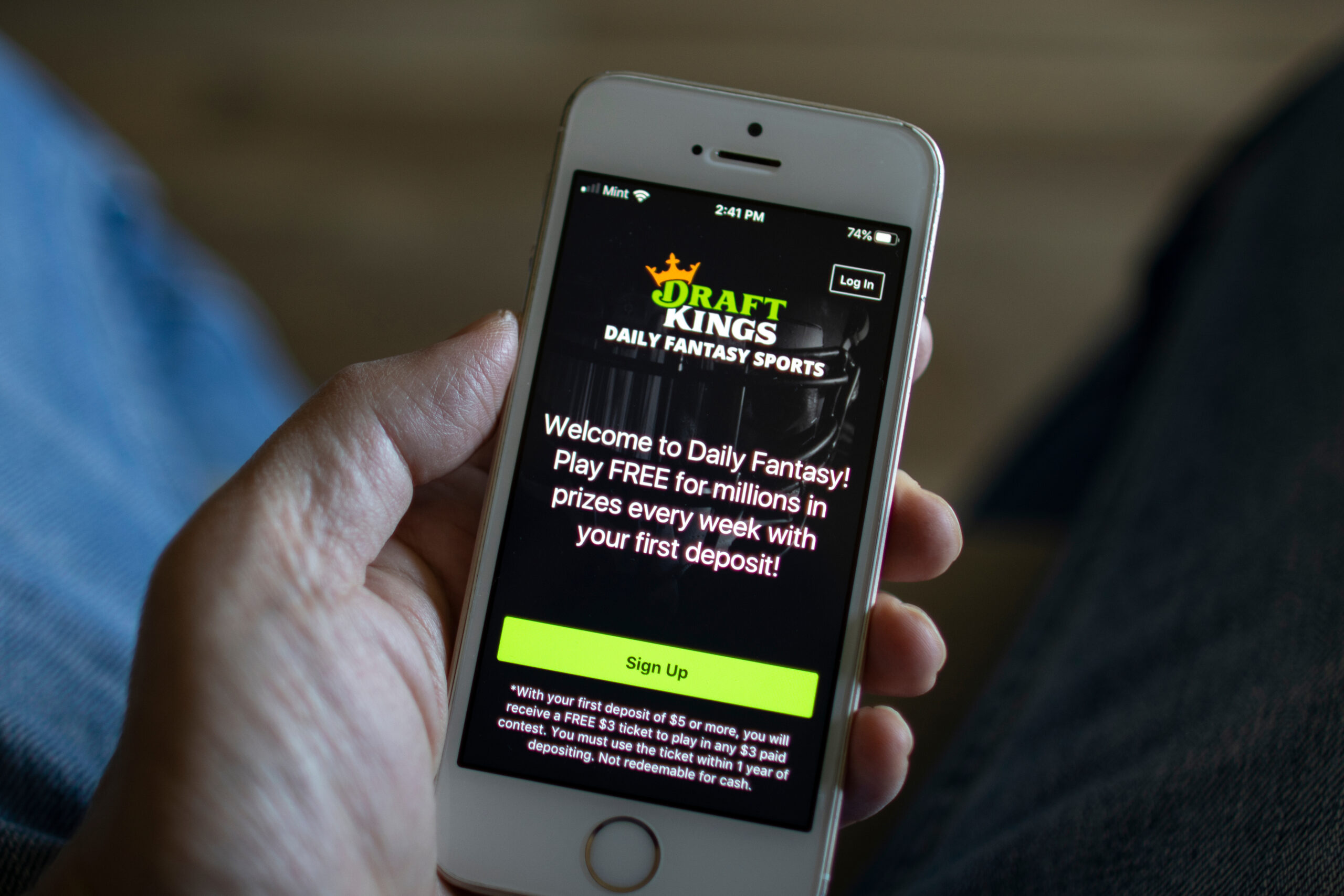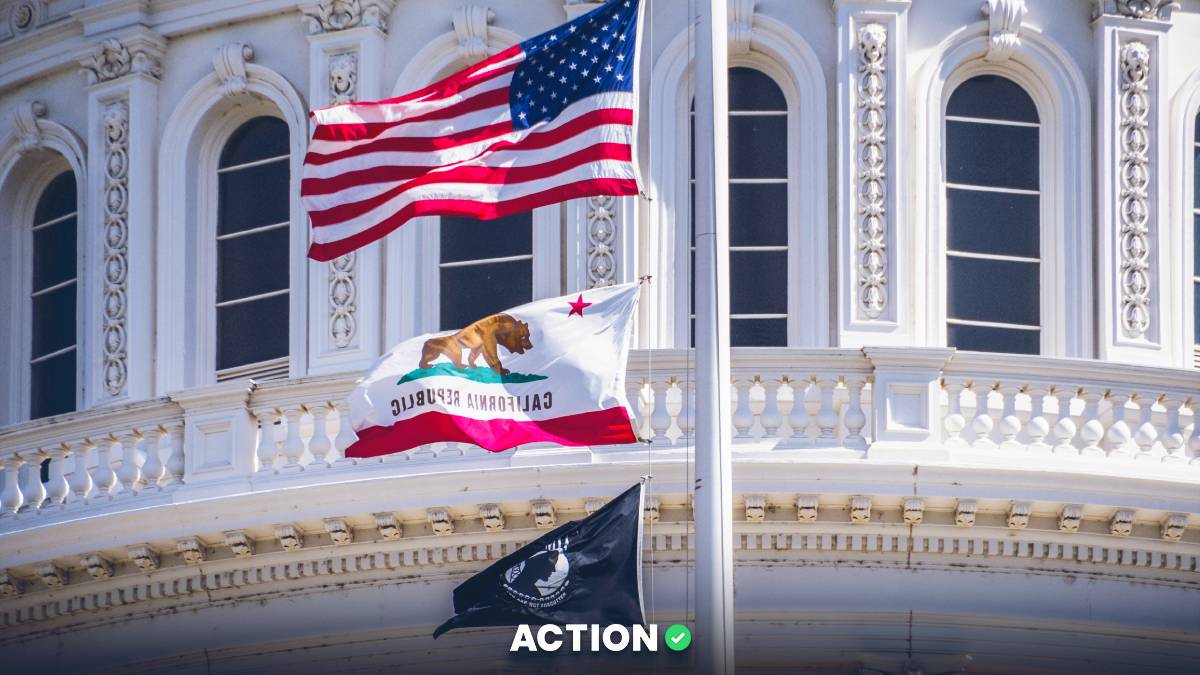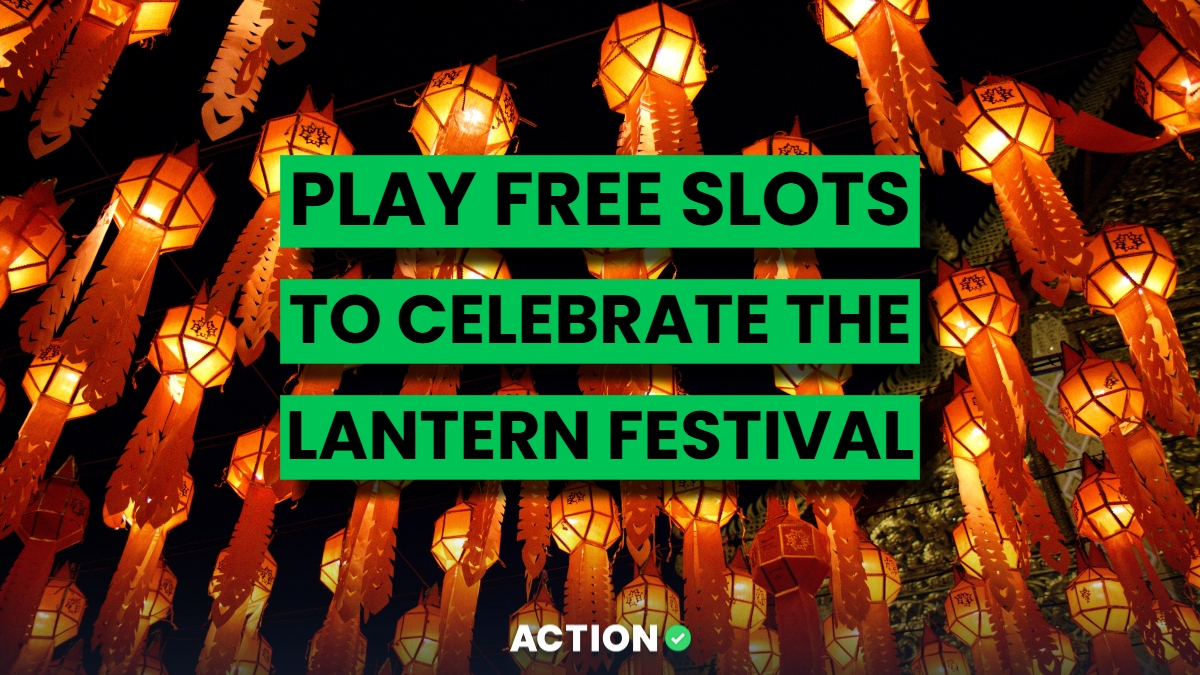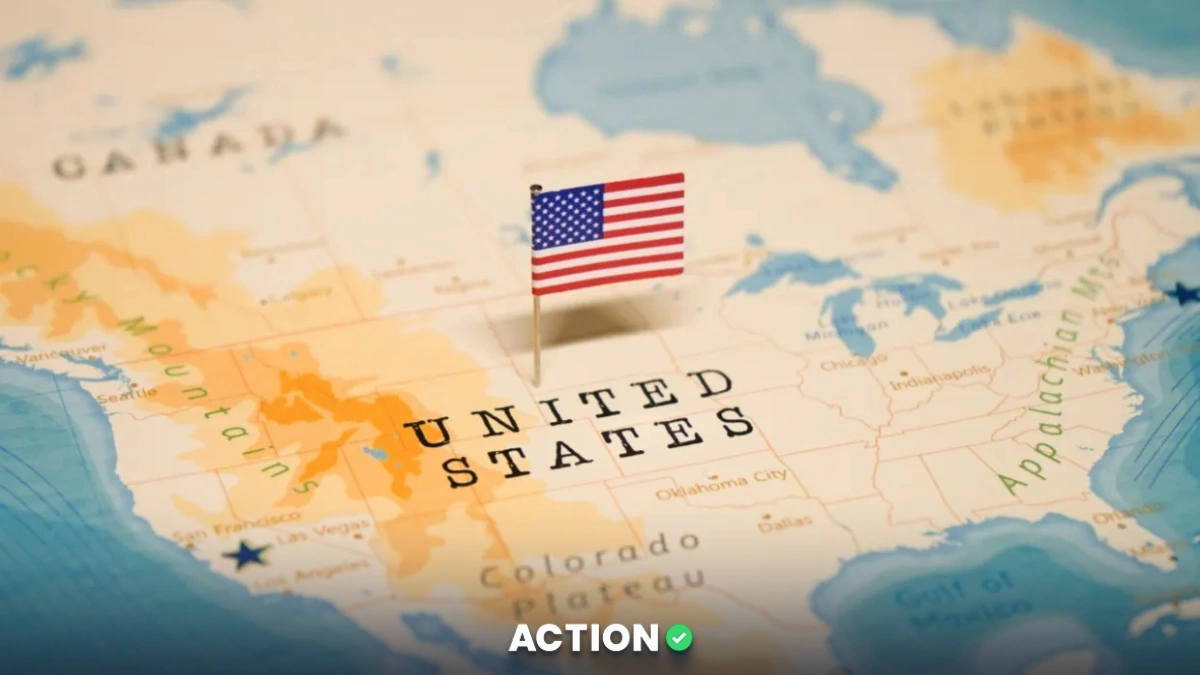The discussion about the proposed ban on sweepstakes casinos resumes today in California. Lawmakers will renew the debate during a Senate Public Safety Committee hearing that is scheduled for today.
California Assembly Bill 831 (AB 831) is a legislative proposal that would (if passed) regulate the digital gambling landscape in California.
Although its current status remains unclear, there are plenty of key supporters, a list of growing opponents, and potential implications for the gaming industry and digital promotions.
What is AB 831?
AB 831 is primarily focused on prohibiting online sweepstakes casinos and tightening the legal framework surrounding digital gambling-themed games. Specifically, the bill aims to:
- Ban operations, promotions, and facilitation of online sweepstakes casinos that mimic gambling activities.
- Prohibit online games utilizing dual-currency systems that involve money or equivalent virtual items for cash or prize winnings.
- Impose penalties (up to $25,000 in fines or a year in jail) for businesses or individuals supporting unlawful sweepstakes casinos.
- Provide exceptions for non-cash games, licensed gambling enterprises, and the California State Lottery.
Current Status in the Legislative Process
As of July 2025, AB 831 has successfully traversed key committee stages in both the Assembly and Senate. Here’s a timeline of recent developments:
- May 2025: Passed in the Assembly.
- July 8, 2025: Approved unanimously by the Senate Governmental Organization Committee and referred to the Senate Public Safety Committee.
- July 15, 2025: Scheduled hearing before the Senate Public Safety Committee.
The bill is expected to undergo further scrutiny until the legislative session concludes on September 12, 2025. If not finalized by this deadline, the bill might be carried over into 2026.
Who Supports and Opposes AB 831?
The bill has cultivated a complex backdrop of support and opposition:
Supporters
- Assemblymember Avelino Valencia: The chief sponsor of the bill.
- California Nations Indian Gaming Association (CNIGA): Support stems from bolstered tribal exclusivity in legal gambling.
Opponents
- Digital Gaming Advocates: Groups like the Social & Promotional Games Association (SPGA) argue that the bill is broad and hastily amended, endangering legitimate digital promotions.
- ACLU and Prominent Businesses: Organizations such as the ACLU and companies like Google have joined the opposition, voicing concerns over vague definitions that could criminalize standard promotional activities.
Groups in opposition to AB 831 include:
- ACLU California Action
- American Transaction Processors Coalition
- Association of National Advertisers
- Californians United for a Responsible Budget
- Social and Promotional Games Association (SPGA)
- Social Gaming Leadership Alliance (SGLA)
- Virtual Gaming World
Points of Controversy
AB 831 has sparked debate over its legislative journey, primarily due to:
- Speedy Amendments: Significant changes were made post-Assembly approval, reducing opportunities for stakeholder input.
- Economic and Legal Uncertainty: Critics, including the ACLU and business leaders, insist the bill could unintentionally affect lawful promotions and loyalty programs.
- Attorney General Endorsement: The Attorney General supports the ban and notes the existing illegal status of daily fantasy sports in California, aligning with the bill's intentions.
Looking Ahead
Today's Senate Public Safety Committee hearing marks a critical step in determining AB 831's fate.
But adding another layer of complexity is California Attorney General Rob Bonta's declaration on July 3 that daily fantasy sports (DFS) platforms—including both pick’em and draft-style contests—are illegal under existing state law.
According to the AG, these games constitute sports betting, which is prohibited by California Penal Code section 337a. Although no immediate shutdowns have occurred, the AG’s declaration makes future state or local enforcement actions much more likely. Operators are now formally “on notice” regarding their legal risk.

This statement supports what AB 831 aims to do but also highlights the ongoing confusion around gaming rules in California.
The legislative session in California goes until September 12, but there's a chance that AB 831 might not be resolved this year and could continue into 2026. This means there's still time for more conversations and changes to be made to the bill.
California's tribes, which have special rights over most gambling activities in the state, are mostly in favor of the bill. They believe it strengthens their control over gambling.
As debate continues, potential adjustments or delays could reshape the bill further. If enacted in its current form, AB 831 could significantly transform California's online gambling and digital promotions sectors, carrying extensive legal and business ramifications.
AB 831 presents a landmark moment for the future of digital gaming in California, drawing extensive scrutiny and discussion from diverse stakeholders across industries.









